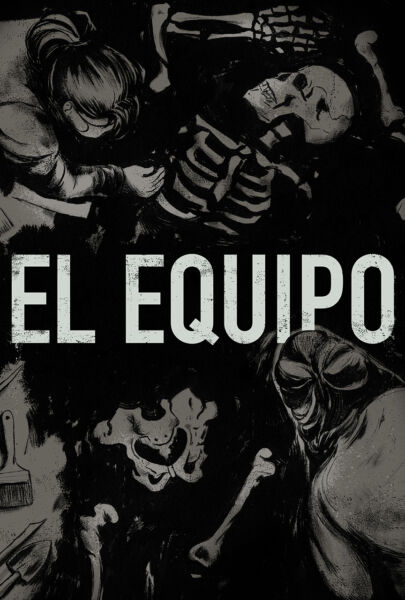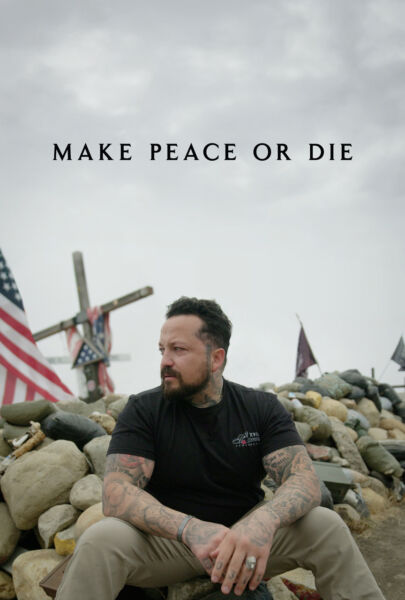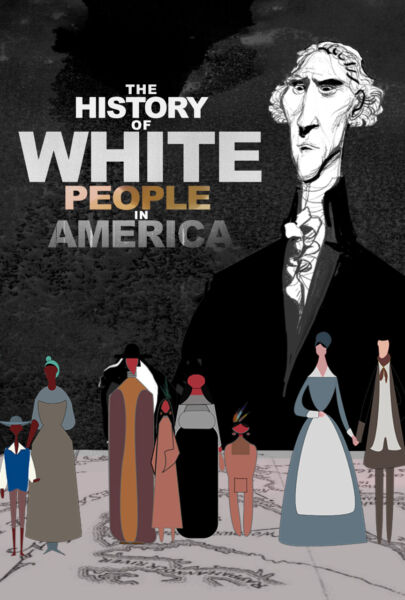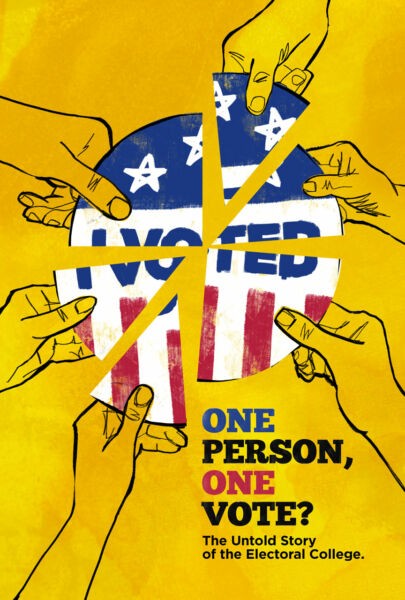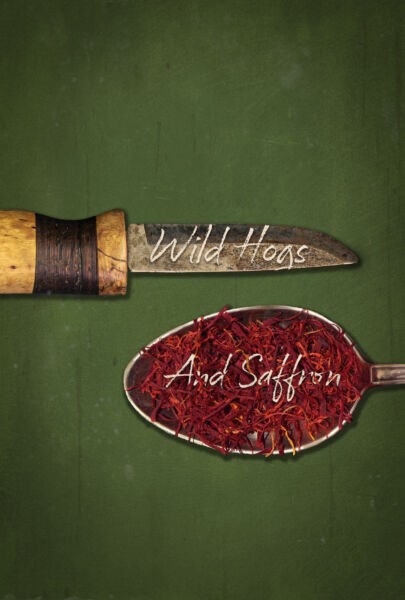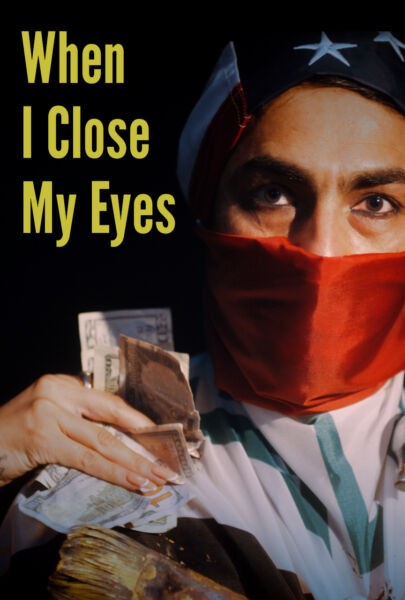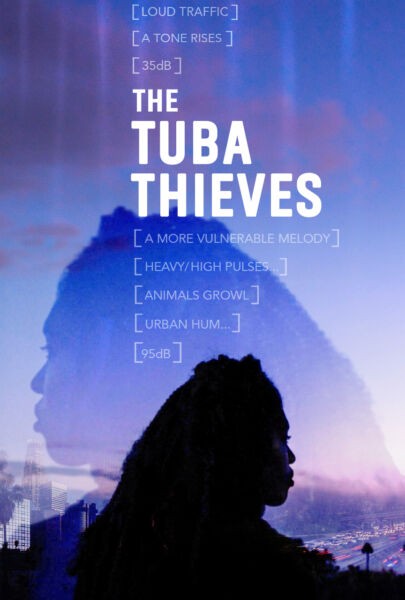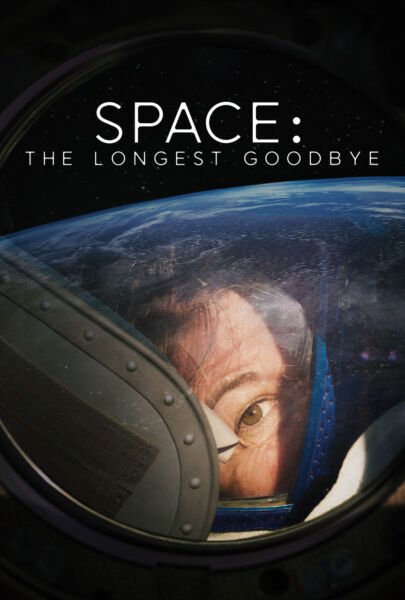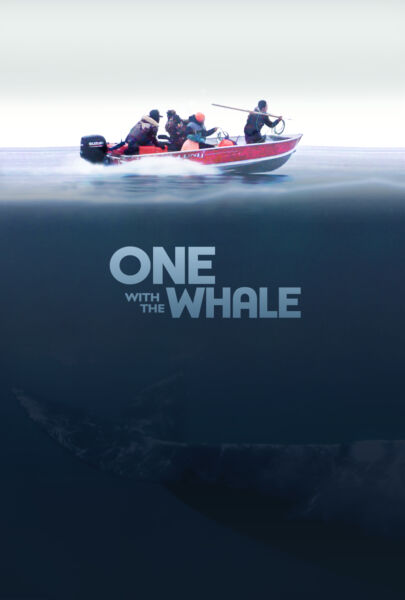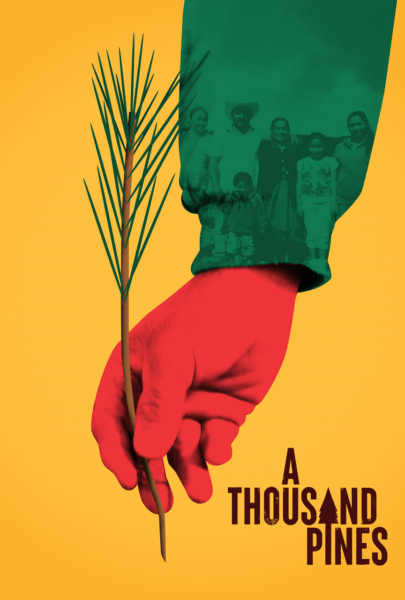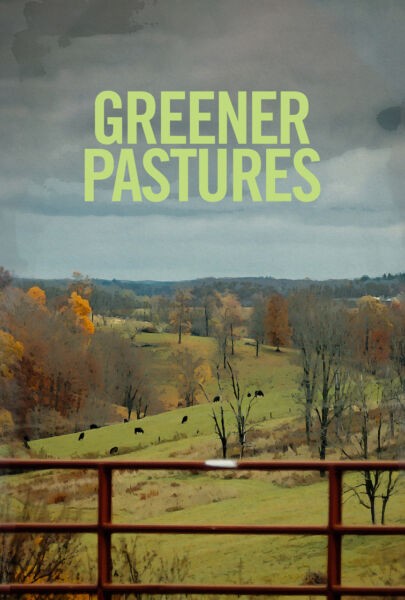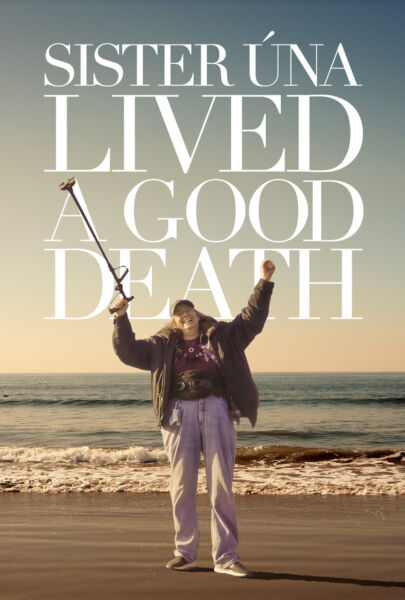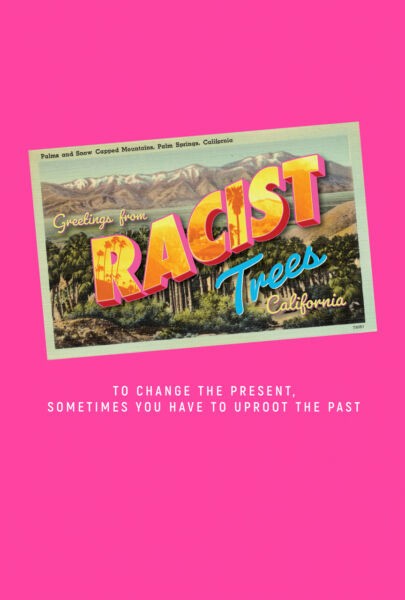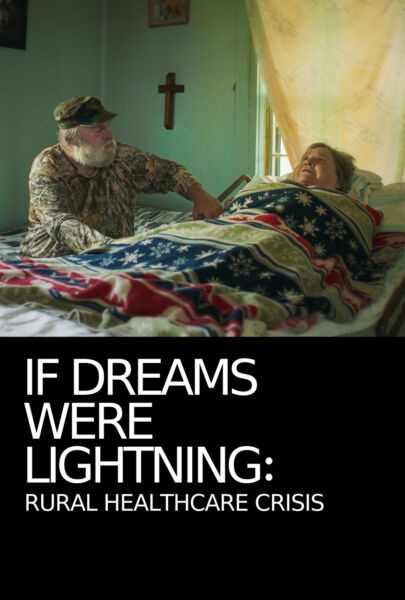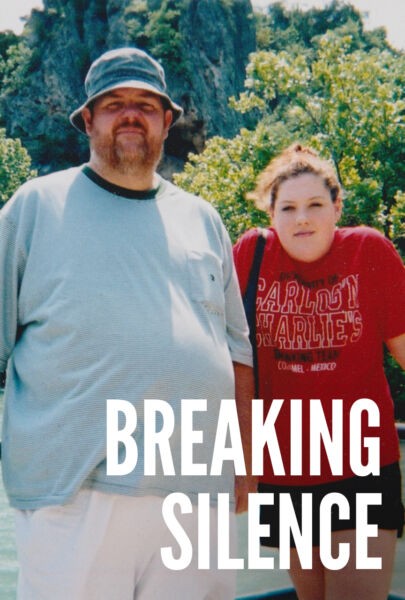King Corn
About the Documentary
Behind America’s dollar hamburgers and 72-ounce sodas is a key ingredient that quietly fuels our fast-food nation: corn. In King Corn, recent college graduates Ian Cheney and Curt Ellis leave the east coast for rural Iowa, where they decide to grow an acre of the nation’s most powerful crop. Alarmed by signs of America’s bulging waistlines, the filmmakers arrive in the Midwest enthusiastic about their new endeavor. For their farm-to-be, they choose a tiny town in Floyd, County, Iowa—a place that, coincidentally, both Ian and Curt’s great-grandfathers called home three generations ago. They lease an acre of land from a skeptical landlord, fill out a pile of paperwork to sign up for subsidies and discover the U.S. government will pay them 28 dollars for their acre. Ian and Curt start the spring by injecting ammonia fertilizer, which promises to increase crop production four-fold. Then it’s planting time. With a rented high-tech tractor, they set 31,000 seeds in the ground in just 18 minutes. Their corn has also been genetically modified for another yield-increasing characteristic: herbicide resistance. When the seedlings sprout from Iowa’s black dirt, Ian and Curt apply a powerful herbicide to ensure that only their corn will thrive on their acre. By summer, their modern farm is thriving, and the Corn Belt is moving toward a record harvest of 11 billion bushels of corn. But where will all that corn go? With their crop growing head-high, Ian and Curt leave the farm to see where America’s abundance of corn ends up. As they enter America’s industrial kitchen, they are forced to confront the realities of their crop’s future. In Brooklyn, it sweetens the sodas of a diabetes-plagued neighborhood. In Colorado, it fattens the feed trough of a 100,000-head cattle feedlot. Ian and Curt are increasingly troubled by how the abundance of corn is helping to make fast food cheap and consumers sick, driving animals into confinement and farmers off the land. Animal nutritionists confirm that corn feeding can make cows sick and beef fatty, but it also lets consumers have fast food at low prices. As feedlot operator Bob Bledsoe says in King Corn, “America wants and demands cheap food.” As Ian and Curt discover, almost everything Americans eat contains corn. High-fructose corn syrup, corn-fed meat, and corn-based processed foods are the staples of the modern diet. America’s record harvests of corn are supported by a government subsidy system that promotes corn production beyond all market demand. As Ian and Curt return to Iowa to watch their 10,000-pound harvest fill the combine’s hopper and make its way into America’s food, they realize their acre of land shouldn’t be planted in corn again—if they can help it. Update Filmmakers Aaron Woolf, Curt Ellis and Ian Cheney provided updates in February 2008 on what they've been up to since filming ended: Ian and Curt left Iowa when filming for King Corn was completed, and lived in New York and Boston while they helped with the editing. Last fall, when King Corn got picked up for theatrical distribution, they set out on the road with Aaron, talking with audiences at theaters, college campuses and community screenings. In December they returned to Iowa, where they held screening-and-discussion events in communities across the state. Ian and Curt have since finished a new documentary, The Greening of Southie, which follows the construction crew that tries to build the first residential green building in Boston. That film will be broadcast on the Sundance Channel on Earth Day 2008. Ian is now living in Boston, where he roots for the Red Sox and is working on two new documentaries: one on the night sky, and another on the Melungeon community of Vardy Valley, Tennessee. Curt is back home in Oregon, where he is writing and working on film projects as a Food and Society Policy Fellow. The latest hair tests show Ian to be 43 percent corn, and Curt, 39 percent. Aaron is living in New York, where he has opened a know-where-your-food-comes-from grocery store, Urban Rustic, in Brooklyn.
The Filmmakers Aaron Woolf Aaron Woolf received a master’s in film at the University of Iowa, but got the bulk of his education working in the field in Lima, Mexico City, Los Angeles and New York. In 2000, Woolf directed Greener Grass: Cuba, Baseball, and the United States, a WNET-ITVS co-production that received a Rockie Award and aired nationally on PBS. In 2003, he directed Dying to Leave: The Global Face of Human Trafficking and Smuggling, which won an Australian Logie Award and a Rockie nomination, aired on the PBS series Wide Angle, and was presented at the State Department and the United Nations. Woolf’s films have also been broadcast on the Sundance Channel, ARTE, RAI and SBS, and he has lectured at Stanford University, UCLA and the Kennedy School of Government at Harvard. He is the founder of Mosaic Films Incorporated and an avid mountaineer. Curt Ellis Curt Ellis grew up in Oregon and studied American history at Yale College. Ellis has worked in construction and politics, but was assisting on the sets of fast-food commercials when he started work on KING CORN. In 2005, he collaborated with Ian Cheney to create the short film Two-Buckets for WGBH, and is is releasing The Greening of Southie, a documentary about the first residential green building in Boston. Ian Cheney Ian Cheney grew up in Boston and Maine and attended Yale College and the Yale School of Forestry. Prior to starting work on KING CORN, Cheney worked for a food distribution company and studied food markets in West Africa. He and Curt Ellis collaborated on the short film Two-Buckets and are releasing The Greening of Southie, a documentary about the first residential green building in Boston. Jeffrey K. Miller Jeffrey K. Miller has directed and edited numerous short films, comedy sketches and commercials, including spots for Converse and the U.S. government. He was an assistant director on the IFC film The Baxter and is a founding member of the New York sketch comedy troupe Trophy Dad. Miller is enrolled in film school at Columbia. Sam Cullman Cullman served as cinematographer for Eugene Jarecki’s Sundance-winning documentary Why We Fight and associate producer for Giuliani Time. He is founder of the New York new media production company Animated Advocacy. The WoWz The New York anti-folk band The WoWz is a collaboration between Simon Beins, Sam Grossman and Johnny Dydo. Their releases include Brudders, Long Grain Rights and Cool Dump, along with the EPs Nicotine Bubble Gum and Go Figure. Iowa recording sessions for KING CORN were produced by two-time Grammy nominee Bo Ramsey.

